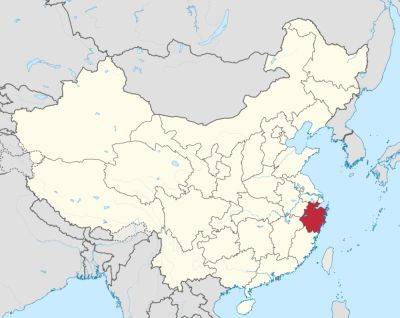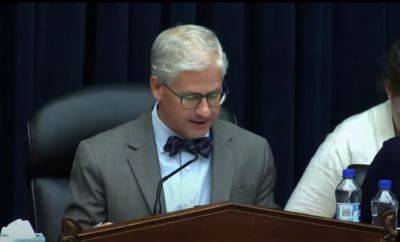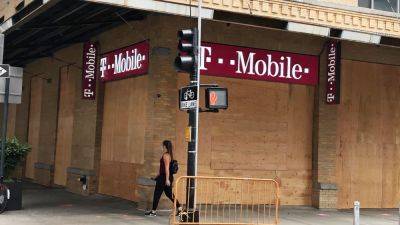Digital-Native City 'Cabin' Seeks To Reinvigorate The City
Digital-native coliving city project, Cabin wants to revolutionize its initiative by integrating crypto governance with a newly launched Network City.
Cabin announced the launch of the first-ever network city, a globally-distributed property for remote workers and creators who love nature.
The city is a global alliance of self-governing neighborhoods accessible to residents holding NFTs, dubbed citizenship passports.
According to Cabin’s project team, these neighborhoods will be more affordable and accessible than traditional ones.
Cabin’s network city aims to incorporate blockchain-powered membership with cabins or cottages in clannishly friendly communities.
Cabin's founder, Jonathan Hillis, believes this initiative is an efficient way to unlock the "fountain of human creativity.”
Hillis believes human creativity is getting restrained and muffled by modern cities.
He said Cabin aims to solve the loneliness problem peculiar to car-centric suburban and single-family homes.
Hillis plans to collect a group of cabins in the woods where like-minded digital nomads and their friends can stay.
Cabin aims to provide a real-world setting where its members can live and work together.
However, intending citizens of Cabin’s network city must have a “Citizenship,” a subscription membership that allows access to the cabins.
This subscription includes access to Cabin’s global properties, year-round coliving options, exclusive experiences, and more.
However, not anyone can become a Cabin Citizen. Intending citizens must have an existing one who will vouch for them.
The network city initiative in crypto is like a social DAO whose members hold crypto assets, which in Cabin's case is called "Citizenship."
Citizenship is an NFT that indicates a
Read more on cryptonews.com















